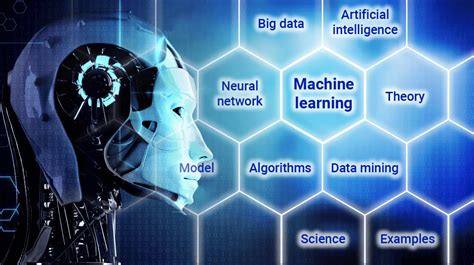The idea of an AI being able to do your job isn’t new, but the thought of it replacing the highest executive in a company—the CEO—sparks a combination of curiosity, skepticism, and intrigue. Imagine a CEO without the traditional trappings of human emotional limitations, or corporate politics. It’s a notion both fascinating and daunting, and one that seems increasingly within reach as AI technologies advance. This isn’t just a hypothetical debate; it’s a real question with profound implications on the future of work and corporate governance.
One comment from falcor84 reflects on a poignant quote from Warren Bennis about automation: ‘The factory of the future will have only two employees, a man and a dog. The man will be there to feed the dog. The dog will be there to keep the man from touching the equipment.’ Interestingly, this view has evolved as automation has advanced. Now, people even envision the ‘dog’ being robotic too. This raises questions about human redundancy in highly automated systems. But before we leap to conclusions, we must consider the broader context and the layers of complexity involved in an executive’s duties that go beyond routine, repetitive tasks.
Many critics argue that while AI can automate repetitive tasks or support decision-making, it lacks the nuanced understanding needed for the high-stakes, strategic decision-making required from CEOs. For instance, contributions by users like armada651 highlight that an AI can’t take legal responsibility or step down for decisions made. This legal accountability is a crucial part of leadership roles, which AI, in its current form, cannot fulfill. Moreover, real-world experience and human empathy are integral to effective leadership. CEOs make use of intuition, soft skills, and a deep understanding of the company culture—traits not easily replicable by an AI.
However, AI proponents see it differently. WWWMMMWWW’s comments underscore the cost efficiency that AI can bring compared to the exorbitant salaries of upper management. There’s an argument to be made about the economic savings and the potential for an AI to sieve through massive data sets, making informed decisions quicker and more accurately than any human could. But this approach overlooks the importance of visionary leadership, the ability to inspire, and the human touch in complex negotiations and crisis management.
Another critical aspect is the psychological and social element of work environments. sdiupIGPWEfh points out that the human element in workplaces isn’t just about the tasks but also about companionship and mental well-being. The human presence in management roles acts as a psychological anchor for employees, providing stability that an algorithm might not offer. This speaks to the broader societal implications of fully automated executive roles, suggesting that while AI can augment decision-making, an all-out replacement could strip away the essential human interactions that foster innovation and commitment.
Ultimately, the question isn’t solely about whether AI can replace CEOs but rather how AI can transform the way we think about leadership. As TheNewsIsHere mentions, AI is currently a supportive tool rather than a full substitute for human intellect and empathy. The future might see hybrid models where AI handles data-driven decisions while human CEOs focus on strategic vision and navigating the company’s course through uncharted waters. Navigating this transformation will require a thoughtful approach to integrating AI in leadership roles, ensuring that technology complements rather than competes with human strengths. This gradual integration could be the key to harnessing AI’s benefits while preserving the irreplaceable qualities of human leadership.


Leave a Reply